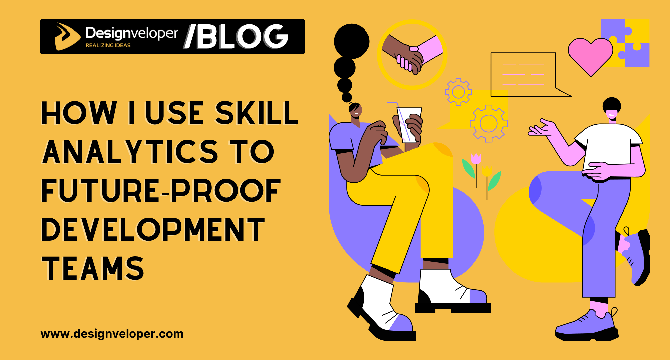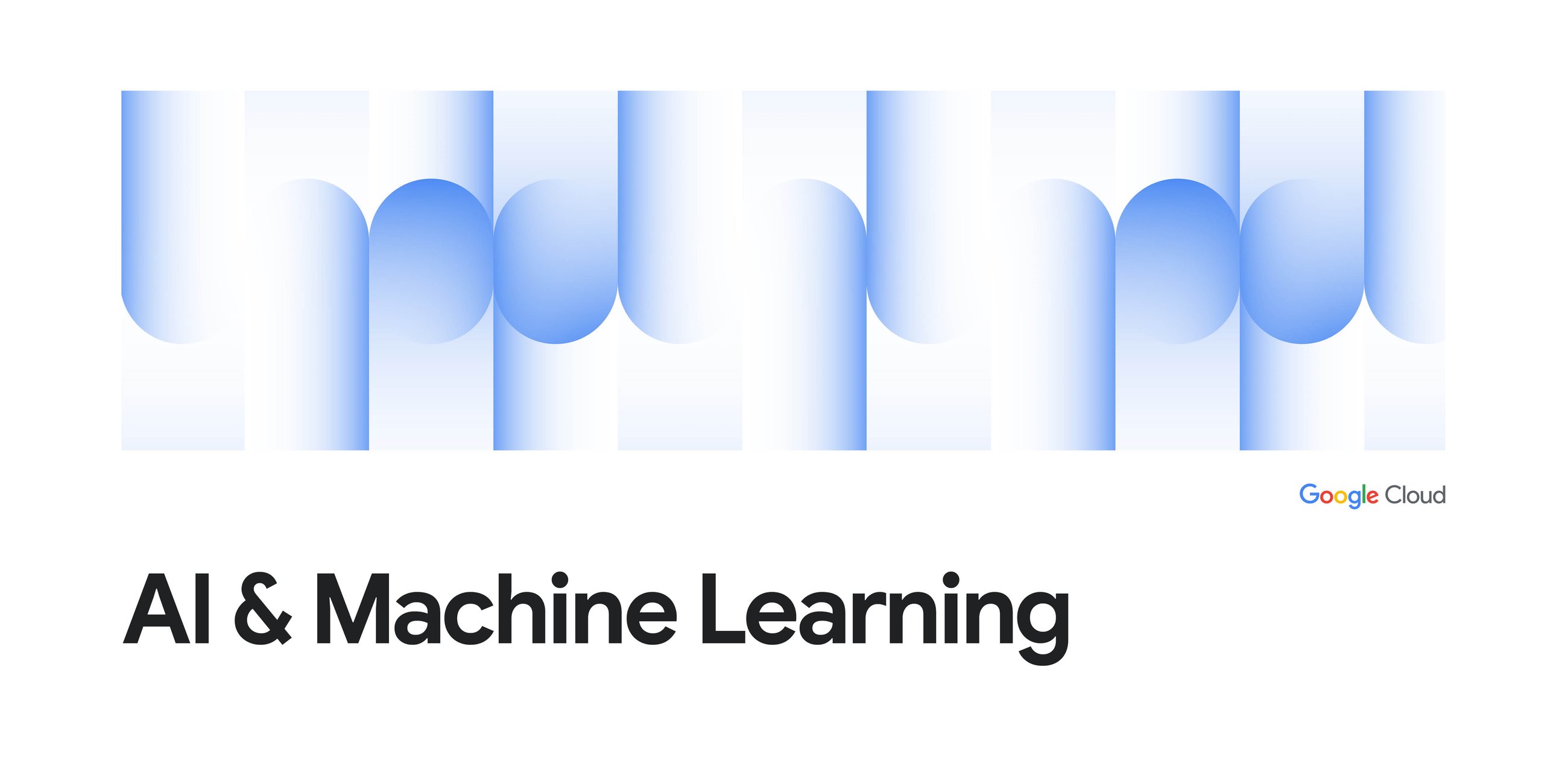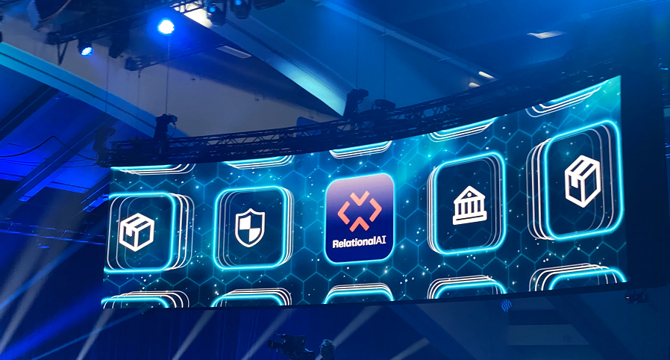Data Analytics News
Medium
203

Struggling with DSA as a bio student? Here is your perfect guide:
- Key prerequisites for learning Data Structures and Algorithms (DSA) as a biology student include understanding variables, data types, conditional statements, loops, functions, arrays, basic error handling, etc.
- Starting with Python is recommended for beginners due to its simple syntax and beginner-friendly nature. You can begin with basics like printing patterns, calculating factorial, checking prime numbers, and reversing strings or numbers.
- Beginner resources to start programming include FreeCodeCamp Python Tutorial on YouTube, W3Schools Python, and CS50 by Harvard on edX, which is excellent for beginners even from non-CS backgrounds.
- Once comfortable with programming, you can progress to learning DSA topics like arrays, strings, linked lists, stacks, queues, recursion, trees, graphs, and searching/sorting algorithms through platforms like GeeksforGeeks, LeetCode, and CodeStudio by Coding Ninjas.
- The final tip emphasizes that coming from a biology background does not limit one's ability to learn coding or DSA. Success in this field is achievable with a step-by-step approach, consistency, and regular practice.
Read Full Article
12 Likes
Medium
260

Image Credit: Medium
Building Furthur: Notes from an AI-Native Frontier
- Furthur is a platform that aims to turn prompt insights into shared infrastructure, creating a dynamic ecosystem of insight through a social graph.
- Using a new development stack that responds to natural language commands, Furthur enables the user to describe intent and have a functional prototype emerge.
- The platform positions AI not just as a copilot but as a collaborator, bridging the gap between the user's intent and the actual implementation.
- Furthur accelerates cognitive processes, allowing for faster product development and enabling users to remix prompts across models, pushing the boundaries of language use.
Read Full Article
15 Likes
Medium
308

Image Credit: Medium
The Quantified User
- Designing in a data-driven world raises questions about empathy and user experience, with metrics often overshadowing human stories and experiences.
- Algorithms and metrics can reduce the complexity of human experiences to simple numbers, creating ethical dilemmas in product design and user interaction.
- An overemphasis on metrics can lead to a loss of trust, delight, and genuine human connections, eroding long-term loyalty and dignity.
- Balancing quantitative data with qualitative insights is crucial to prevent design decisions from becoming detached from real user needs.
- The story behind the data is essential, as every user interaction signifies a unique human experience that cannot be fully captured by metrics alone.
- In the pursuit of optimization and engagement, there's a risk of neglecting the human element, leading to unintended negative consequences on mental health and autonomy.
- Designers must navigate the tension between data-driven decisions and human-centered design to create products that are both effective and empathetic.
- Relying solely on metrics can obscure genuine understanding and compromise user trust and satisfaction over time.
- Successful design requires a delicate balance between data-driven insights and human empathy, with both elements informing and enriching each other.
- The future of design will be judged on its ability to protect human values and experiences, not just on achieving numerical targets.
Read Full Article
18 Likes
Designveloper
152

Image Credit: Designveloper
Data-Driven Upskilling: How I Use Skill Analytics to Future-Proof Development Teams
- Data-driven upskilling uses analytics and metrics to identify valuable skills for development teams, ensuring investments align with growth goals.
- By treating skill gaps like product bugs, the approach at Designveloper emphasizes structured skills matrix, analytics pipeline, and targeted micro-learning tracks.
- Mapping talent to results through data-driven upskilling saves costs and prevents delays in product roadmaps by focusing training efforts on essential skills.
- Collecting skills data involves gathering narratives to create a structured skills matrix, ensuring each competency is accurately assessed.
- Analytics tools like GenAI help personalize learning paths based on skills data, while tracking software enables automation and data consistency.
- Clustering skills data reveals career paths, enabling guilds to plan targeted training programs and mentorship initiatives for skill development.
- By leveraging guild systems for micro-learning and feedback loops, Designveloper enhances skill development through practical application and continuous improvement.
- Proving the ROI of skill analytics shows significant productivity gains and risk reduction, contributing to better team performance and adaptability.
- Continuous measurement and data-driven decision-making future-proof development teams, aligning skills with industry demands and enhancing team agility.
- By incorporating skill analytics into the team's culture, organizations can navigate technology shifts effectively and optimize skill development strategies.
Read Full Article
9 Likes
Cloudblog
281

Image Credit: Cloudblog
Maximize BigQuery performance with enhanced workload management
- BigQuery workload management offers control mechanisms for optimizing workloads and resource allocation to prevent performance issues and resource contention in high-volume environments.
- It allows prioritization, isolation, and management of queries and operations within a BigQuery project, ensuring critical workloads receive necessary resources.
- Features like reservations, slot commitments, and auto-scaling enhance cost control and resource allocation.
- Workload management promotes reliability and availability through dedicated reservations and commitments.
- Implementing BigQuery workload management is crucial for organizations seeking efficiency, reliability, and cost-effectiveness in cloud-based data analytics.
- Updates to BigQuery workload management focus on resource allocation, performance optimization, reservation fairness, predictability, flexibility, visibility labels, and autoscaler improvements.
- Reservation fairness ensures slots are distributed equally among reservations, enhancing performance predictability.
- Reservation predictability allows setting an absolute maximum number of consumed slots for better cost and performance control.
- Enhanced flexibility and security allow specifying reservations at runtime and grant role-based access for improved resource allocation.
- Reservation labels provide granular visibility into slot consumption, aiding tracking and optimization of spending.
Read Full Article
16 Likes
Cloudblog
28

Image Credit: Cloudblog
Google is a Leader in the 2025 Gartner® Magic Quadrant™ for Data Science and Machine Learning Platforms report
- Google has been recognized as a Leader in the 2025 Gartner Magic Quadrant for Data Science and Machine Learning Platforms report.
- This reflects Google's ongoing innovations to meet the needs of data science and machine learning teams, including generative AI.
- AI is driving significant transformations in how organizations operate, compete, and innovate.
- Google Cloud offers a comprehensive suite of AI capabilities, supported by cutting-edge AI research and development.
- Vertex AI is Google's unified AI platform, covering data engineering, analysis tools, MLOps, and gen AI application development.
- The Vertex AI Model Garden provides a selection of over 200 enterprise-ready models for customers to access and customize.
- Google recently launched Gemini 2.5, a highly intelligent AI model capable of transparent step-by-step reasoning.
- Vertex AI is the sole platform with generative media models across various modalities like video, image, speech, and music.
- Google Cloud has helped customers like Radisson Hotel Group improve productivity and revenue through AI-driven personalized marketing.
- Google is focused on multi-agent management and connection of enterprise agents to relevant data for better performance.
Read Full Article
1 Like
Medium
30
Image Credit: Medium
The Invisible Hand: What I Learned Building a Pricing Automation Agent That Thinks Like a Human…
- Pricing teams struggle with data overload and inefficiencies in translating mental models into pricing decisions.
- Strategic data reduction led to more accurate pricing decisions by cutting token usage and computational overhead.
- Integrating sentiment analysis of customer feedback into pricing workflows enhanced pricing elasticity models, resulting in higher price points for positively perceived products.
- Implementing cost-saving measures in cloud data querying and ensuring a cost-conscious data architecture are essential for economic sustainability in pricing automation.
Read Full Article
1 Like
Medium
62

Image Credit: Medium
Why Python Is the Best Language to Start Your Data Analytics Journey
- Python is considered the best language to start your data analytics journey due to its beginner-friendly nature and simplicity.
- It is recommended even for those who have never written a line of code before, making it accessible for total beginners.
- Python is highlighted as the easiest and most approachable way to begin learning data analytics, providing a smooth entry point into the field.
- The article also offers a list of free resources for readers to start learning Python immediately after reading.
Read Full Article
3 Likes
Insider
328

Image Credit: Insider
Inside KPMG's $100 million AI investment: How Google Cloud's partnership is fueling the firm's new AI services
- KPMG is expanding its Google Cloud partnership to enhance AI services for clients, with a $100 million investment in KPMG's Google Cloud practice.
- The goal is to tailor AI services to specific customers in industries like retail, healthcare, and financial services, enabling organizations to improve their businesses through faster data analysis.
- KPMG has been incorporating Google Cloud's AI technologies into its operations, developing AI tools like chatbots for answering questions and automating tasks for clients in various industries.
- The partnership with Google Cloud is expected to drive $1 billion incremental growth for KPMG through the expansion of AI services to new clients and industries over the next few years.
Read Full Article
17 Likes
Cloudblog
345

Image Credit: Cloudblog
From data lakes to user applications: How Bigtable works with Apache Iceberg
- The latest Bigtable Spark connector version offers enhanced support for Bigtable and Apache Iceberg, enabling direct interaction with operational data for various use cases.
- Users can leverage the Bigtable Spark connector to build data pipelines, support ML model training, ETL/ELT, and real-time dashboards accessing Bigtable data directly from Apache Spark.
- Integration with Apache Iceberg facilitates working with open table formats, optimizing queries and supporting dynamic column filtering.
- Through Data Boost, high-throughput read jobs can be executed on operational data without affecting Bigtable's performance.
- Use cases include accelerated data science by enabling data scientists to work on operational data within Apache Spark environments, and low-latency serving for real-time updates and serving predictions.
- The Bigtable Spark connector simplifies reading and writing data from Bigtable using Apache Spark, with the option to create new tables and perform batch mutations for higher throughput.
- Apache Iceberg's table format simplifies analytical data storage and sharing across engines like Apache Spark and BigQuery, complementing Bigtable's capabilities.
- Combining advanced analytics with both Bigtable and Iceberg enables powerful insights and machine learning models while ensuring high availability and real-time data access.
- User applications like fraud detection and predictive maintenance can benefit from utilizing Bigtable Spark connector in combination with Iceberg tables for efficient data processing.
- The integration of Bigtable, Apache Spark, and Iceberg allows for accelerated data processing, efficient data pipelines handling large workloads, and low-latency analytics for user-facing applications.
Read Full Article
20 Likes
Pymnts
267

Image Credit: Pymnts
Top Performing Card Issuers Ace the Cardholder Personalization Test
- Customer lifetime value (CLTV) is crucial for issuers, reflecting cardholder profitability and enabling them to prioritize retention strategies and attract high-value customers.
- High-CLTV issuers achieved success by using multiple monetization strategies, offering personalized financial products, and leveraging data analytics for user engagement.
- Advanced customization and data analytics are key for issuers to drive consumer engagement and provide a seamless, personalized user experience.
- Personalization, user experience enhancements, and strategic investments in platform upgrades are priorities for card issuers to increase retention, profitability, and long-term customer loyalty.
Read Full Article
16 Likes
Siliconangle
351

Image Credit: Siliconangle
Data analytics chip startup Speedata closes $44M funding round
- Data analytics chip startup Speedata has secured $44 million in Series B funding, with participation from various investors including Intel Corp. CEO Lip-Bu Tan and Mellanox Technologies co-founder Eyal Waldman.
- Speedata's accelerator card, the C200, based on a custom chip called Callisto, is designed to optimize data analytics workloads and can be attached to servers via a standard PCIe port.
- The Callisto chip, utilizing a CGRA chip architecture, can perform analytics tasks more efficiently, especially handling branching logic in queries, leading to improved query performance.
- The funding will be used by Speedata to support its go-to-market efforts, with the company highlighting the chip's significant speed advantages in various sectors including healthcare, finance, insurance, and advertising technology.
Read Full Article
21 Likes
Siliconangle
360

Image Credit: Siliconangle
RelationalAI introduces new graph processing features for its Snowflake app
- RelationalAI Inc. introduced new graph processing features for its software applications, aimed at enabling more efficient data analysis.
- These capabilities were unveiled at the annual Snowflake Summit in San Francisco, focused on enhancing the functionality of Snowflake's cloud data platform.
- The update includes new algorithms for graph analysis, such as path finding and egonet analysis, while also introducing support for graph neural networks (GNNs) for tasks like demand forecasting.
- Other added features comprise text-to-reasoner capability, mathematical optimization solvers, and semantic views to enhance data analysis and decision-making within the Snowflake environment.
Read Full Article
21 Likes
TechCrunch
46

Image Credit: TechCrunch
Speedata, a chip startup competing with Nvidia, raises a $44M Series B
- Speedata, a Tel Aviv-based chip startup, has raised a $44M Series B funding round for its analytics processing unit (APU) designed to accelerate big data analytic and AI workloads.
- The Series B round was led by existing investors and strategic investors, totaling Speedata's capital raised to $114M.
- The APU architecture aims to address analytic bottlenecks at the computing level and outperform GPUs in data processing tasks.
- Speedata plans to launch its APU product at Databricks' Data & AI Summit, with claims of significant speed improvements in data processing tasks.
Read Full Article
2 Likes
Medium
226
Image Credit: Medium
Why Self-Service BI Fails (and How AI-Powered Analytics Is Fixing It)
- Despite the promise of self-service BI tools to empower users, many platforms fail to account for varied data fluency, trust issues, and fragmented tooling, leading to underuse and abandonment.
- Users often feel overwhelmed by complex steps required to create reports, resulting in low confidence in interpreting data without assistance from data teams.
- Discrepancies in metrics and definitions lead to a lack of trust in BI tools, with only 3% of employees trusting their company's data, highlighting the pervasive issue.
- AI-powered analytics is transforming the self-service BI landscape by enabling Natural Language Processing (NLP) for easier data querying and providing proactive insights to enhance decision-making.
- Anomaly detection and automated governance through AI help ensure consistency, accuracy, and compliance, addressing governance challenges in self-service BI.
- Moving towards AI-assisted decision intelligence shifts the focus from 'DIY BI' to active collaborations between tools and users, enhancing the data consumption and decision-making process.
- Organizations embracing AI-powered BI must set clear, measurable outcomes, invest in data literacy training, address data quality issues, and foster collaboration to maximize the benefits.
- AI-enhanced BI tools can help organizations make faster decisions, with a 5x greater likelihood of speeding up decision-making than competitors, leading to measurable gains in revenue and operational efficiency.
- While technology plays a vital role, building a strong BI culture and combining AI advancements with human expertise is crucial for successful self-service BI implementation.
- The future of business intelligence lies in leveraging AI to bridge gaps, enhance data-driven decisions, and streamline processes for faster, smarter insights and actions.
- In conclusion, the integration of AI into self-service BI is reshaping the way organizations interact with data, offering a path to more informed, efficient, and successful decision-making in the modern business landscape.
Read Full Article
13 Likes
For uninterrupted reading, download the app